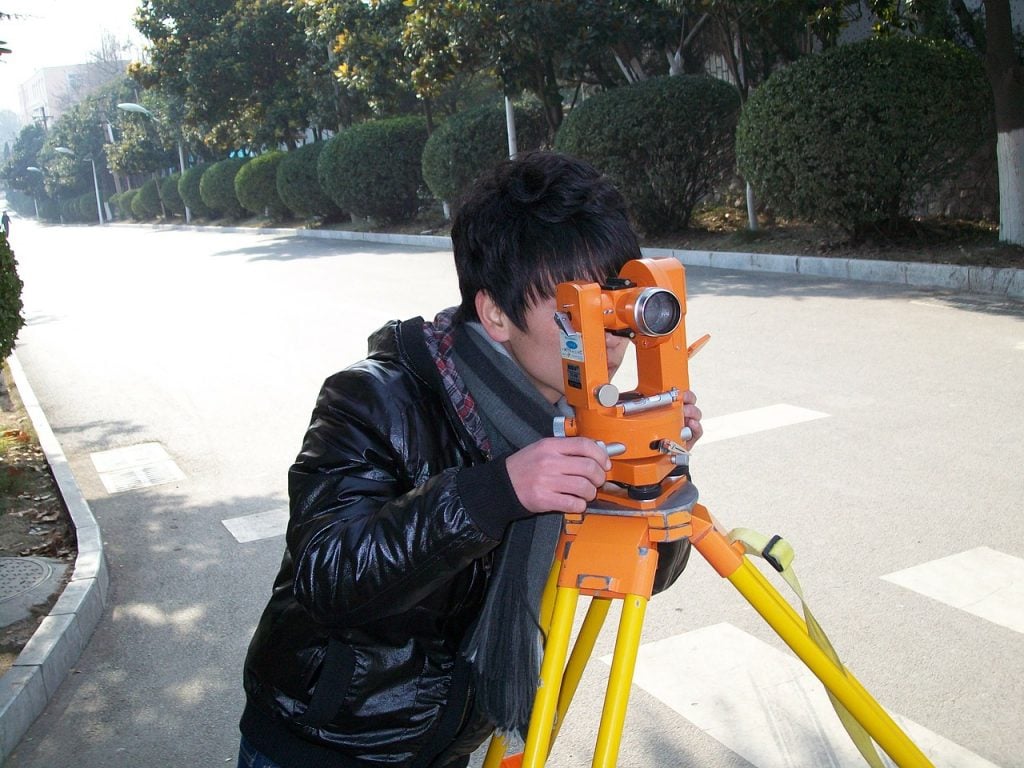Many of us only think about surveyors when we drive by a building project and see them in their striking orange or yellow attire. However, surveyors play a much broader role than just construction projects. They can come in handy when you are buying a property or expanding your kitchen space.

The process and tools surveyors use may seem ordinary (especially when you think about the camera-looking digital theodolite). Surveyors, though, play an indispensable role in the world of real estate. Their work helps settle disputes, ensure the price you pay is realistic and make sure that you have sufficient room to construct a guesthouse without encroaching on the space of an adjacent lot.
In order to benefit from the services of a surveyor, there are a number of things you need to know before you hire one.
There are multiple instances when you might need a property surveyor. First, you may have to contract a surveyor when buying or building a home. Usually, you don’t need a surveyor during new construction but if you are taking a mortgage, the lender may demand it to establish the true borders of the property so they can mitigate against the risk of encroachment.
Second, a surveyor is useful if you are in a border dispute with a neighbor. The surveyor’s report is legally binding in a court of law and can settle the matter on what land you are free to build on. Third, if you want to make changes to the structure of your home (such as adding a shed), a surveyor can help clear any doubts over whether the land you build on is yours.
Though you are the one who approaches, mandates and pays a surveyor to do the work for you, a surveyor doesn’t solely answer to you. A surveyor’s report is primarily based on math, science, and history. Ergo, it won’t matter if you badly want that extra foot of land behind your backyard. If the data says it isn’t yours, the surveyor is legally and ethically obliged to tell you so.
A surveyor will look at the historical data and compare it with present-day markers to calculate the exact boundaries of the property. Their decision is subsequently filed with the relevant arm of government and becomes a permanent public record. Given the weight of their work, a surveyor can be penalized and sued if their report is found to be inaccurate or falsified. A surveyor has a duty to protect the safety and welfare of the public.
From a non-surveyor’s point of view, surveying may seem like a relatively simple job. You might, therefore, be taken aback when you receive a quote. But that’s because there’s a lot of work and diligence involved. And as we’ve seen in the previous point, the surveyor’s reputation and operating license are always on the line whenever they take up a job.
Compiling the report itself is a bit of a desk job as the surveyor carefully weighs the historical and legal context of their work. However, surveyors have to spend a lot of their time on their feet in the field as they track down landmarks and markers that could help them determine your property’s edges. Markers may be hard to locate because they’ve been covered or buried by landscaping over the years.
Overall, you can expect to pay anywhere from several hundred to a couple of thousand dollars depending on the location and scope of work.
Advances in consumer technology have brought into the hands of ordinary users many tools that were the exclusive preserve of certain industries and professions. It’s, therefore, not surprising that some people may believe that they can use their smartphone’s GPS to find and demarcate their property.
That can be a costly miscalculation that sets you up for a painful headache later on. Surveyors use a professional-grade GPS system whose unit cost runs into the thousands of dollars. Unlike your phone’s GPS whose accuracy is in the realm of 20 feet, a surveyor’s GPS is accurate within a centimeter.
These points will not only allow you to hire the right professional but also help you set realistic expectations of your surveyor.
As a Professional Land Surveyor, I thank you and commend you for this article. Twenty plus years ago a real estate broker said to my face that surveyors are a necessary evil. I'm glad there are those that value our profession.
Your article was mentioned on a multinational surveyor's forum.!